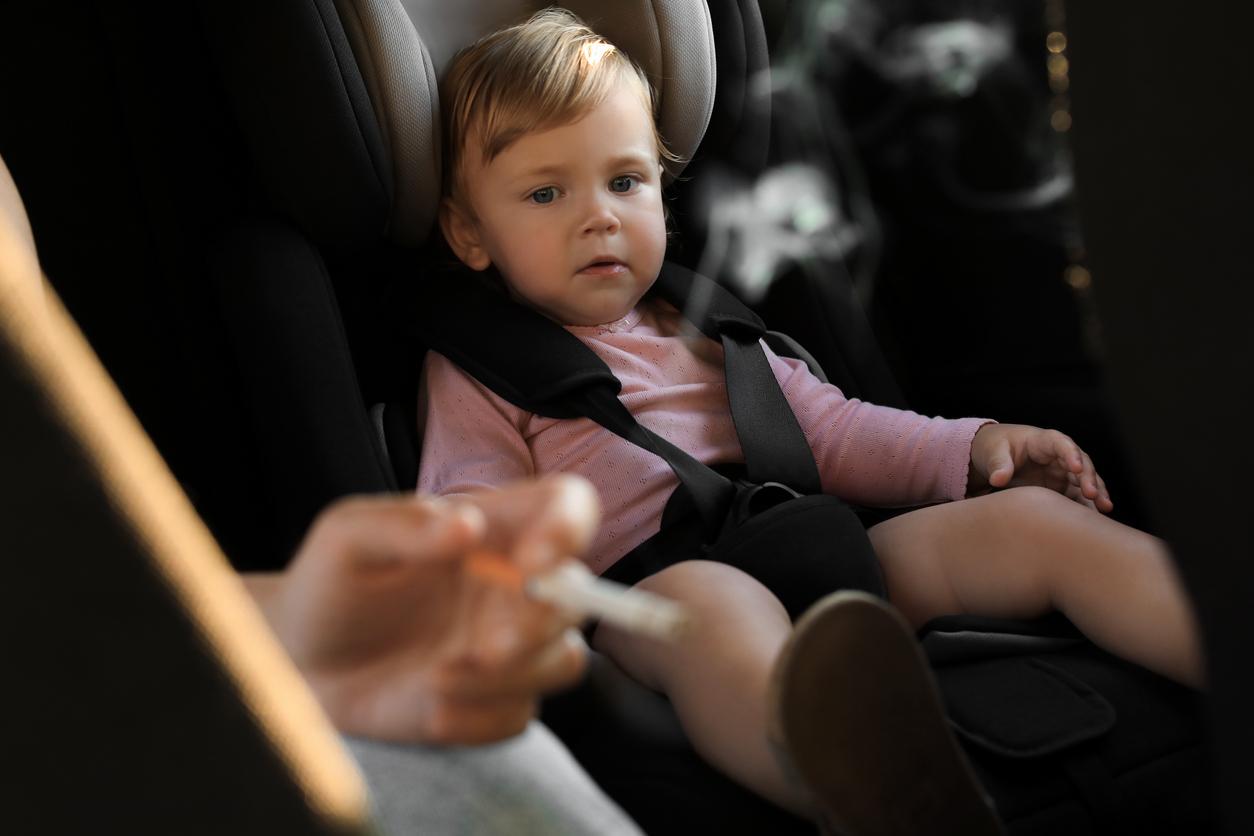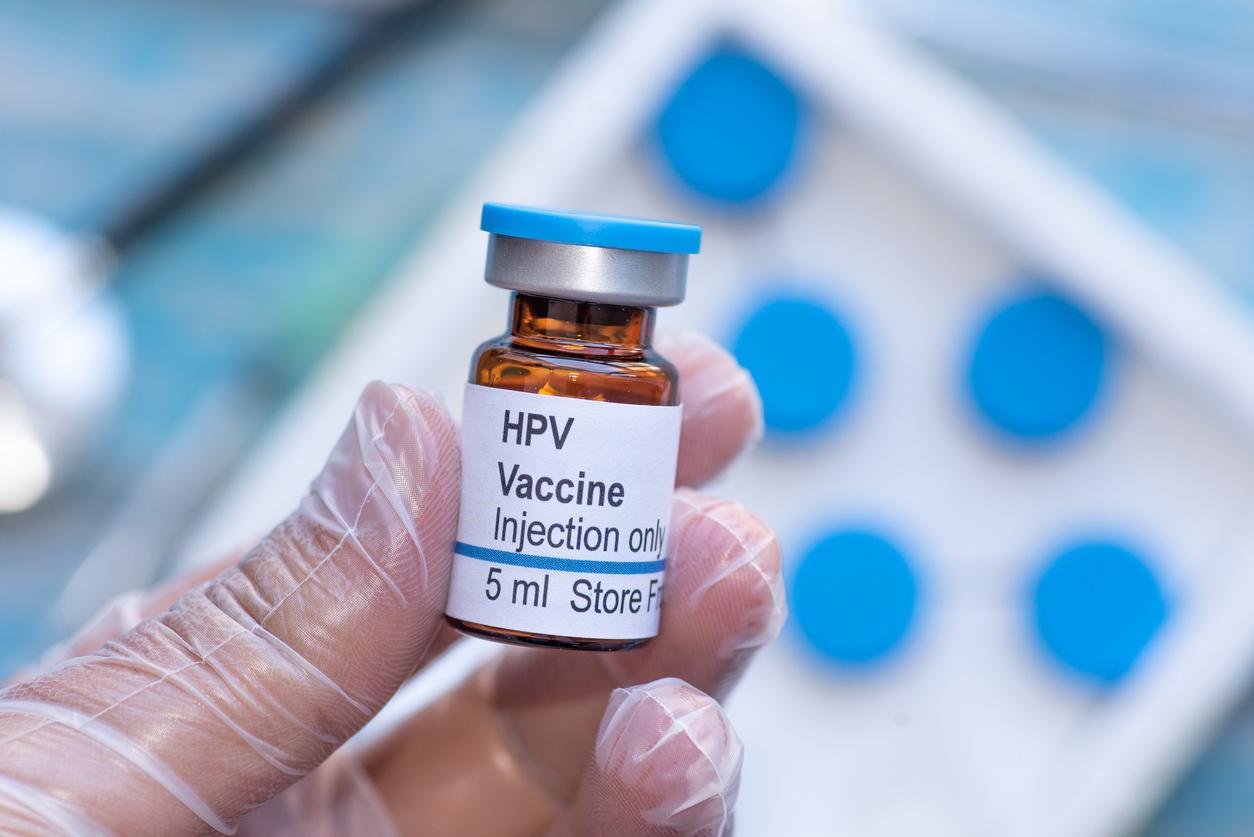A study on vaccination in Texas reveals that the most affluent classes are the least likely to vaccinate their children. Enough to help health officials identify those who are most at risk of catching vaccine-preventable diseases.

Texas researchers have found that in their state, it is the wealthiest who vaccinate their children the least. Results that identify those who are most vulnerable to vaccine-preventable diseases. The study was published in the journal PLOS Medicine and was carried out by researchers at the University of Austin.
A growing number of unvaccinated
Texas is one of the American states where it is possible to invoke a philosophical or religious objection to exempt your children from the vaccination obligations necessary to enroll them in school. For their study, the researchers compared census data in available public and private schools with the number of exemptions to vaccinations. According to them, an exemption rate, in the same establishment, higher than 3% constitutes a high risk of outbreak of diseases preventable by vaccination. In Texas, the number of establishments concerned continues to grow. The percentage of school districts affected increased from 3% to 6% between 2012 and 2017.
This study allows health authorities to target the places most likely to see the spread of an epidemic disease normally controllable by vaccination. “The study not only provides a window into local vaccination patterns across Texas, but also allows us to make predictionsanalyzes Lauren Ancel Meyers, epidemiologist and author of the study. If you don’t have vaccination uptake data for a given community, you can use demographic factors to predict the risk of outbreaks of vaccine-preventable diseases”she adds.
Target vulnerable populations
The researchers found that high-income suburban and urban communities have the highest vaccination waiver rates. Austin, Dallas – Fort Worth and Houston are the hardest hit cities. In addition, having diplomas and being white in skin increase the risks of non-vaccination of children. Conversely, areas with lower income and a high number of non-English speaking people are more likely to vaccinate their children.
Thanks to the results, the most sensitive points in front of epidemics preventable by vaccination could be identified. “This study allows us to detect potential hotspots at a finer geographical scale.develops Lauren Ancel Meyers. The increasing number of exemptions is already alarming. In addition, the clustering of unvaccinated children in close communities only amplifies the risk of an epidemic..”

















